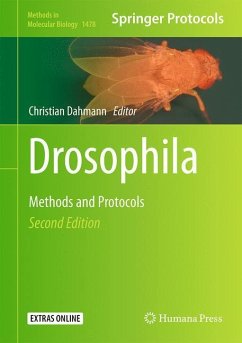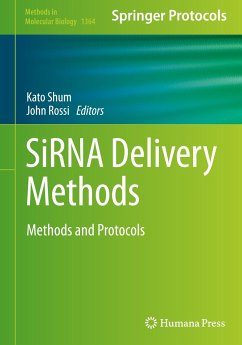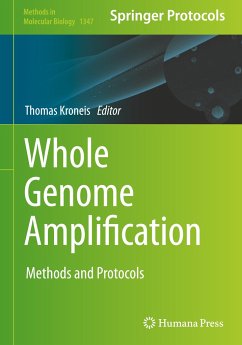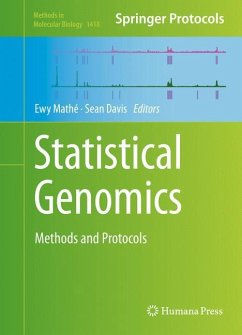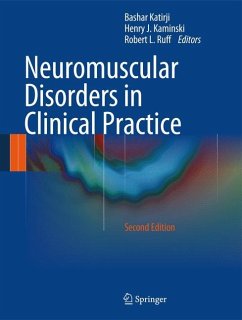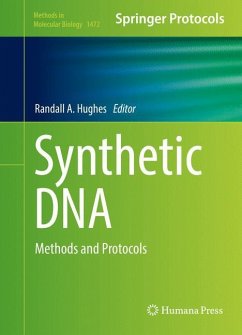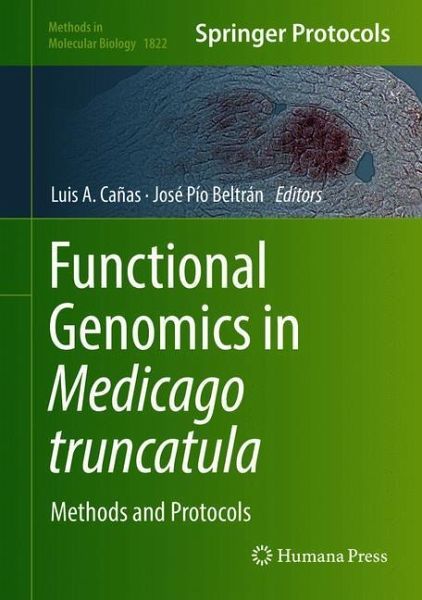
Functional Genomics in Medicago truncatula
Methods and Protocols
Herausgegeben: Cañas, Luis A.; Beltrán, José Pío

PAYBACK Punkte
57 °P sammeln!
This volume discusses popular methods to achieve different types of mutagenesis and forward/reverse genetics in Medicago truncatula. Several studies on genetic control of developmental and metabolic processes in this model legume are also described. The chapters in this book cover topics such as Targeting Induced Local Lesions IN Genomes (TILLING), Fast Neutron Bombardment (FNB), Tnt1 insertional mutagenesis, Virus-Induced Gene Silencing (VIGS), stable inactivation of microRNAs in roots, gene editing by CRISPR-Cas9, etc. This book also contains reviews on the specific use of these techniques i...
This volume discusses popular methods to achieve different types of mutagenesis and forward/reverse genetics in Medicago truncatula. Several studies on genetic control of developmental and metabolic processes in this model legume are also described. The chapters in this book cover topics such as Targeting Induced Local Lesions IN Genomes (TILLING), Fast Neutron Bombardment (FNB), Tnt1 insertional mutagenesis, Virus-Induced Gene Silencing (VIGS), stable inactivation of microRNAs in roots, gene editing by CRISPR-Cas9, etc. This book also contains reviews on the specific use of these techniques in functional studies on the genetic control of seed, leaf, root, nodule, floral and fruit development in M. truncatula. Written for the highly successful Methods in Molecular Biology series format, chapters contain the kind of detailed description and implementation advice needed to promote success in the lab.
Cutting-edge and thorough, Functional Genomics in Medicago truncatula: Methods and Protocols is a valuable resource for anyone interested in learning more about this developing field.
Cutting-edge and thorough, Functional Genomics in Medicago truncatula: Methods and Protocols is a valuable resource for anyone interested in learning more about this developing field.



